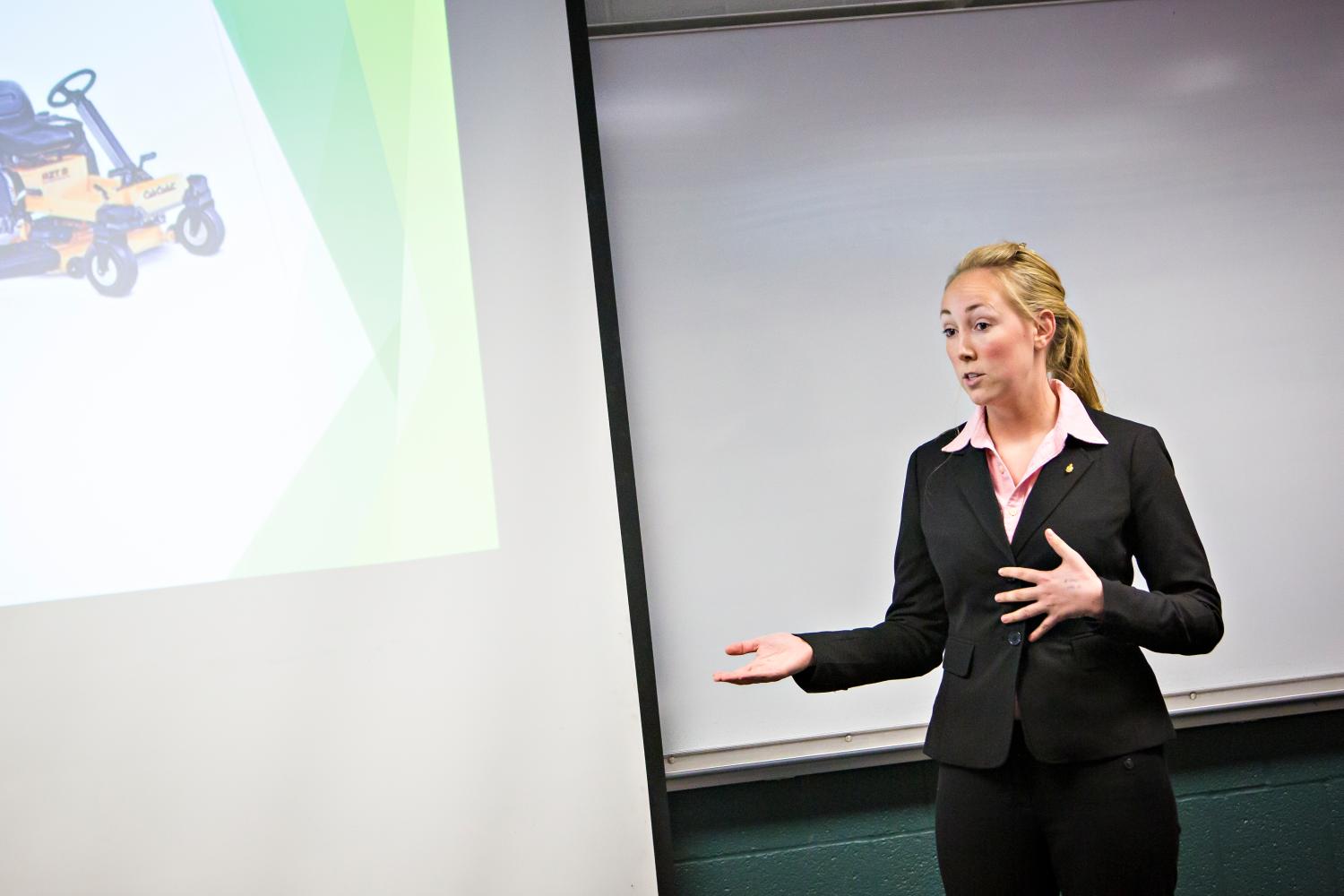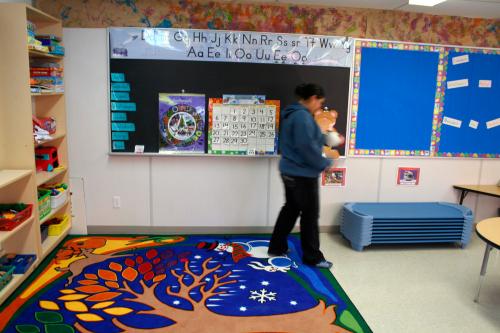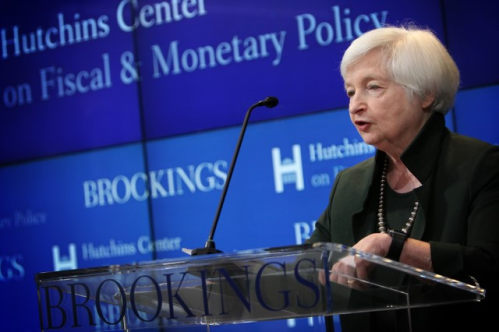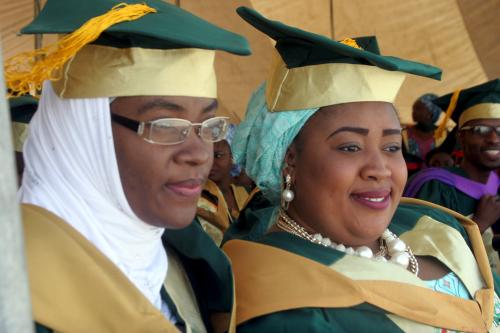Women receive 57 percent of the bachelor’s degrees in the United States, but only 52 percent of the doctorates. In looking at recent data from the National Center for Education Statistics, we find: Women receive only 23 percent of Ph.D.s in computer science; in mathematics and statistics, the share is 28 percent; in engineering, 23 percent. STEM fields are often a path to high-paying careers, and the presence of women in the professoriate can serve as a role model for both undergraduates and graduate students.
One might hope that the gender disparities in STEM fields are legacies of a bygone era, and that there is little active opposition to women in the professoriate today. Sadly, harassment of and hostility toward female academics continues—at least in economics, the area we know best. All this is illustrated by a major contretemps in economics set off by, of all things, an undergraduate senior thesis from Berkeley.
The story begins with Alice Wu’s senior thesis, “Gender Stereotyping in Academia: Evidence from Economics Job Market Rumors Forum.” Economics Job Market Rumors (EJMR) is a web forum notionally focused on discussing the job market for economics Ph.D.s, but more often a site for gossip and discussion by self-described internet trolls. Wu web-scraped text from a million-plus posts and then used machine-learning techniques to look for correlations. She found two main results: First, nine of the top 10 words predictive of a post about a woman are explicitly sexual references (The Washington Post even bowdlerized some of these terms); second, posts about women contain 43 percent fewer academic or professional terms and 192 percent more terms related to personal information or physical attributes. Observation of the EJMR site shows that these terms tend to be used in the context of a hostile or sexual comment about a female economist.
Discussions of economists and economics as an academic profession aren’t usually the stuff of headlines. The explosion came when Justin Wolfers wrote about Wu’s paper in the Upshot column of The New York Times, followed by a piece by Elisabeth Winkler in The Washington Post’s Wonkblog. Wolfers was blunt, writing that Wu’s paper “quantifies a workplace culture that appears to amount to outright hostility toward women in parts of the economics profession.” Winkler wrote, “Women economists are hardly surprised. …. Wu has now managed to quantify that misogyny using men’s own words.”
It should be understood that EJMR is, using the words of one prominent male economist, “a cesspool.” To be clear, there’s nothing subtle about EJMR: Postings go so far as to suggest sexual assault of named female economists. Anonymity on the internet permits the kind of behavior that would get one arrested if done in person. Despite this, some economists dismiss the problem as so-called locker room talk. As another prominent male economist has written, “I personally find the forum refreshing. There’s still hope for mankind when many of the posts written by a bunch of over-educated young social scientists illustrate a throwing off of the shackles of political correctness.”
Compared to other academic fields, economists have little sympathy for political correctness. What is surprising is how many economists still don’t think that gender-based hostility has any effect on the underrepresentation of women in the profession. This might be less concerning if the professoriate in economics were making significant progress toward gender balance, but this is not the case. Even though women slightly outnumber men in getting bachelor’s, men overwhelmingly outnumber women as economics concentrators. The figure below shows that about a third of first-year graduate students and new Ph.D.s in economics are women. These numbers have been essentially unchanged for two decades. So the input end of the pipeline to the professoriate is narrow, and not approaching gender parity.
Unfortunately, the pipeline is also leaky, and female Ph.D.s do not become assistant professors nor advance to tenured positions at the same rate as men, per the Committee on the Status of Women in the Economics Profession’s 2016 Annual Report. Women full professors still comprise less than 15 percent of full professors at Ph.D.-granting institutions (the green line in the chart below), implying a very small cohort of senior women who can act as role models and mentors for female grads and undergrads. This fraction has risen very slowly, increasing by about five points in 20 years. If the female proportion of full professors were to continue at this growth rate, it will reach the graduate-school level (30 percent) in about 2080. Approaching gender parity would probably require tackling the pedagogic and information barriers that appear to dissuade women from majoring in economics at the undergraduate level.
The recent explosion following a memo widely viewed as hostile toward women in tech written by a Google engineer suggests that problems are not at all limited to the discipline of economics. We would all like to think that having the STEM professoriate reflect something like the gender balance in society will happen naturally, or that it will happen if only K-12 would somehow make math equally attractive to girls and boys, or that at least it will happen when STEM majors learn to attract more women. Unfortunately, female academics still have to deal with open hostility from some of their peers, and with a see-no-evil attitude from many more.
(Photo credit: Flickr user CAFNR)
The Brookings Institution is committed to quality, independence, and impact.
We are supported by a diverse array of funders. In line with our values and policies, each Brookings publication represents the sole views of its author(s).








